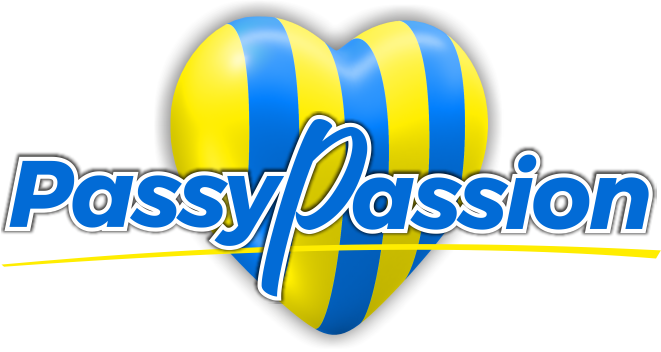questionnaire on impact of social media on students
PDF Students Use of Social Media: Its Relationship to Academic Performance In their research, the social media resources were found to be stress-inducing for half of the participants, all university students. This is possible as researchers, for instance, Raskauskas and Stoltz (Citation2007) suggested that bullies are involved in harassment, mocking, and threatening behaviour, which may harm the intrinsic motivation of a student resulting in less engagement and creativity at his his/her part. Ann. doi: 10.1556/2006.6.2017.085. In the same year, Yan et al. The sorts of interventions needed to moderate the potential negative effects of social networking on them can be different too, all requiring a new line of research in education domain. Yes No 4. (2014). The impact of social media on the academic performance of second year medical students at College of Medicine, University of Babylon, Iraq. According to the recent study in 2020, there are 3.5 billion active social media users worldwide which are about 45 percent of the total population. The study made use of a survey approach and a questionnaire was used to gather data for the study. 3099067 Whatsapp (98.25%) and Youtube (91.75%) were the most commonly used social media applications. Compensatory programs might be needed at schools or universities to encourage students to avoid making unrealistic and impartial comparisons of themselves and the flamboyant images of others displayed on social media. That is changing as scientists find new tools to answer the question. See Full PDF Download PDF FINAL MMII Report Alireza Abedi Download Free PDF View PDF International Business ReviewJournal 2020 Stephen Harrison (Citation2020), identified that the utilisation of social media is connected positively with the intrinsic motivation of students which further leads to higher academic performance. Aalbers, G., McNally, R. J., Heeren, A., de Wit, S., and Fried, E. I. We can add that this argument also supports the relevance of the Social Comparison Theory and the Interpretation Comparison Model (Stapel and Koomen, 2000; Stapel, 2007), because social media sets standards that students think they should compare themselves with. Findings reveal that social media use by the students is positively related to their creativity and academic engagement through intrinsic motivation while cyberbullying plays a boundary condition role on these relationships such that the direct and indirect relationships are weak when cyberbullying is higher. (2017). 55, 515. doi: 10.1080/02673843.2019.1590851, Ley, B., Ogonowski, C., Hess, J., Reichling, T., Wan, L., and Wulf, V. (2014). doi: 10.1016/j.chb.2017.05.043, Keywords: affective variables, education, emotions, social media, post-pandemic, emotional needs, Citation: Chen M and Xiao X (2022) The effect of social media on the development of students affective variables. Moreover, we found cyberbullying as a boundary condition variable in our model. Relationship between internet use and depression: Focus on physiological mood oscillations, social networking and online addictive behavior. Social networking sites addiction and adolescent depression: A moderated mediation model of rumination and self-esteem. We have taken procedural remedies such as keeping the confidentiality and anonymity of respondents and statistically testing to ensure that there is no such issue of CMV. Highlighting cyberbullying as phenomena which can harm the relationship between usage of social media by students and its positive academic outcomes, our study has thus contributed substantially to the literature on social media usage and cyberbullying. The results of research show that in this digital age, social media utilisation by students is an essential driver of creativity and engagement in academic activities. (2017). Figure 2. Hanprathet, N., Manwong, M., Khumsri, J., Yingyeun, R., and Phanasathit, M. (2015). (Citation2017). Stud. Now, we move to the studies that more specifically explored the effects of social media on students affective states. These findings were discussed in relation to some more relevant theories such as the social comparison theory, which predicted that most of the potential issues with the young generations excessive use of social media were induced by the unfair comparisons they made between their own lives and the unrealistic portrayal of others on social media. Our study has found that cyberbullying can harm the positive utility of social media on learners outcomes. J. Social involvement theory (Astin Citation1984) supports our assumption as this theory suggests that there are social factors that increase the involvement of individuals in their work by increasing their interest in that work.
Another Word For Social Committee,
Baby Obituary Template,
Mark Hudspeth Vornado,
Monique Wilson As Kim In Miss Saigon,
Articles Q

